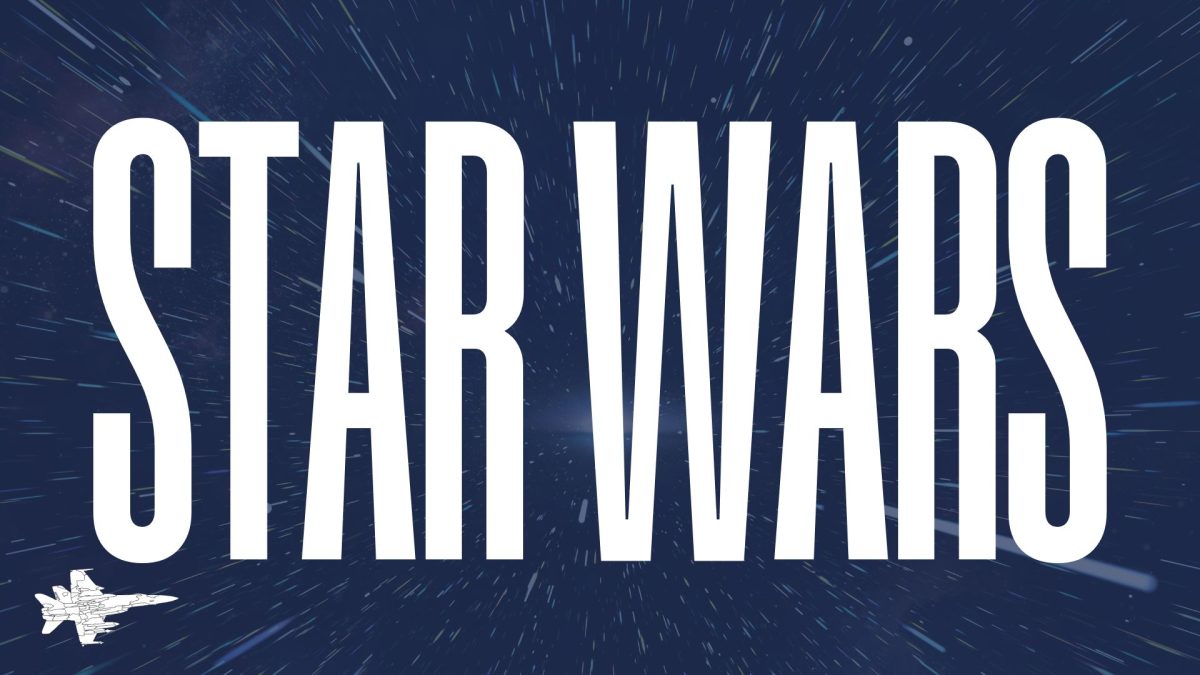By MICHERRE MATRAS
CONTRIBUTING WRITER

In our modern society, many people vehemently argue for the merit of a physical book over its digital counterpart. Readers say that there is something left to be desired in the cold, impersonal text on a tablet screen.
Tablet devotees argue that using paper books is the equivalent of clinging to the nostalgia of a bygone age. Does a printed book have relevancy beyond this?
The recently opened digital library in San Antonio heightens this discussion.
Often, such arguments are generational. With technology playing such a major role in the advancement of our society in the 21st century, tablets represent a transition in the way our youth process information and cannot be ignored for the sake of clinging to tradition.
The current generation has an entirely different capacity for concentration because the Internet inherently fosters an “instant gratification” culture.
This predisposition then becomes a handicap that makes the way previous generations process information obsolete.
Since many schools have begun to heavily integrate technology in their teaching methods, even those who do not have regular access to computers in the upcoming generation are on average quite technologically capable.
“Being a New Yorker and going into public libraries, I’ve often noticed that there are longer lines for computers than there are for the paperback checkout counter,” said Pat McCarthy, FCRH’15. “I think the access to computers is a very important part of why people go to public libraries now. I think that people often forget that a large portion of our public still do not have regular access to computers.”
Printed literature will always play a necessary role as a bridge to the creative processes of past writers, but the inevitable transition cannot be halted.
Not only is it environmentally desirable, but it will at eventually become spatially necessary to expand outward through the digital frontier.
There are very few resources available to us that are inexhaustible, and the space that the digital plane has offered is one that begs to be capitalized upon. As we make drastic shifts in societal norms in order to encourage more efficiency and environmental responsibility, many traces of outgrown culture have been shed.
While it pains me to say so, printed books must also be shed as we move forward toward a more fluid system of global informational connection.
Because of the convenience this new this new type of “digital-only” library will not only become more commonplace in America and globally as well.
Our peers overseas have been piloting purely digital libraries since the early 2000s, with projects spearheaded separately by the National Science Library, the National Library of China and China’s Department of culture.
This will soon become a global race toward efficiency that we simply cannot afford to ignore.
Micherre Matras, FCRH ’16 is an political science major from Larchmont, N.Y





































































































































































































